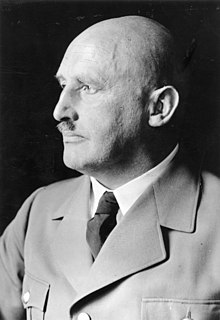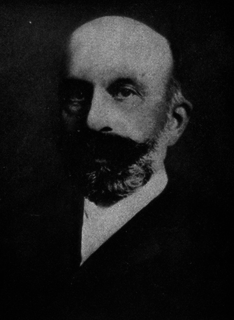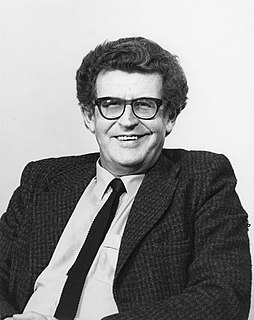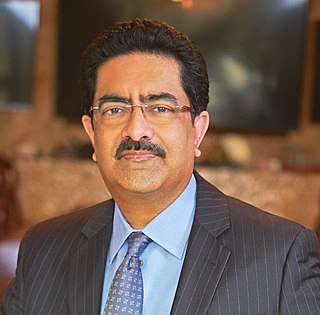A Quote by Julius Streicher
Social Democracy preached against capitalism for half a century. After the November revolution the Reds had the opportunity to direct capitalism into the proper paths: but nothing happened!
Related Quotes
At the turn of the [21st] century it was really Sergey Brin at Google who just had the thought of, well, if we give away all the information services, but we make money from advertising, we can make information free and still have capitalism. But the problem with that is it reneges on the social contract where people still participate in the formal economy. And it's a kind of capitalism that's totally self-defeating because it's so narrow. It's a winner-take-all capitalism that's not sustaining.
Everyday I become more convinced, there is no doubt in my mind, and as many intellectuals have said, that it is necessary to transcend capitalism. But capitalism can't be transcended from with capitalism itself, but through socialism, true socialism, with equality and justice. I'm also convinced that it is possible to do it under democracy, but not in the type of democracy being imposed by Washington.
If the central contest of the twentieth century has pitted capitalism against socialism, then F. A. Hayek has been its central figure. He helped us to understand why capitalism won by a knockout. It was Hayek who elaborated the basic argument demonstrating that central planning was nothing else but an impoverishing fantasy.
In Cuba, our experiment is not the best democracy and should not be a reference to anybody elses, it is ours. It has worked for us and the clearest evidence that our democracy has worked is that there is a revolution that has continued after a half century of facing down the most powerful empire. This has not happened many times in history.
Direct action against the authority in the shop, direct action against the authority of the law, direct action against the invasive, meddlesome authority of our moral code, is the logical, consistent method of Anarchism. Will it not lead to a revolution? Indeed, it will. No real social change has ever come without a revolution. People are either not familiar with their history, or they have not yet learned that revolution is but thought carried into action.






























